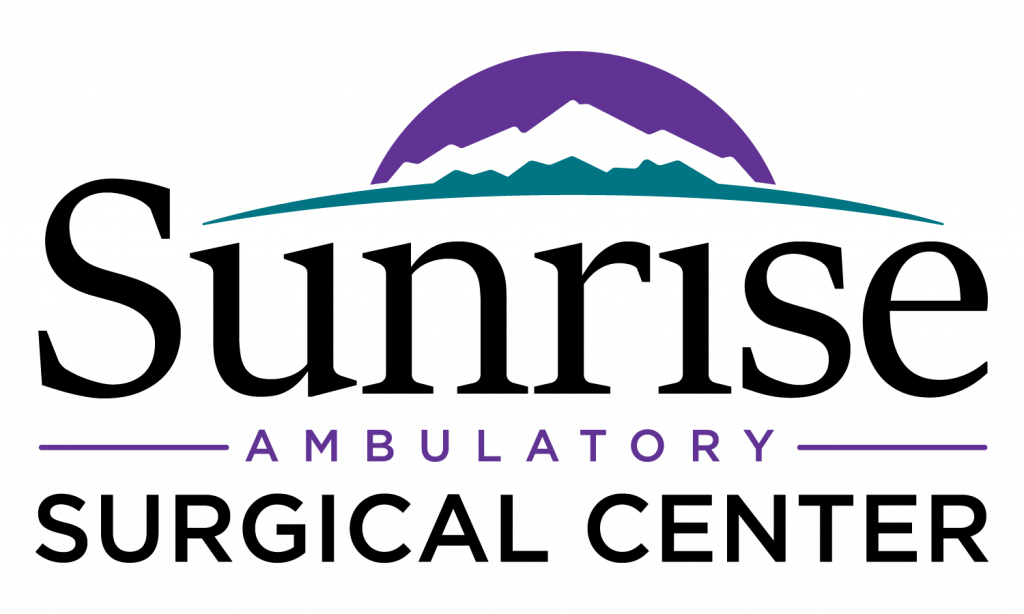Epidural Fibrosis
Epidural fibrosis is the excessive production of scar tissue near the root of a nerve. Most commonly it can occur following spinal surgery. Epidural fibrosis develops as scar tissue adheres to the nerve root during the months after surgery.
Epidural fibrosis can occur in successful and failed back surgeries. Patients with more complicated back surgeries are at a higher risk of developing epidural fibrosis.
Epidural fibrosis can be diagnosed by either MRI or CT scan.
Signs & Symptoms
- Moderate to severe pain in the back
- Noticeable increase in pain in the weeks to months after surgery
Treatment Options
Treatment for epidural fibrosis centers on pain management and anti-inflammatory measures. Physicians often recommend over-the-counter or prescription medications depending on the severity of pain.
Antioxidants and vitamins are useful in reducing inflammation near the nerve root associated with pain. Surgery to remove excessive scar tissue around a nerve root is not recommended.
Epidural Steroid Injections can sometimes be helpful.
